.jpg)
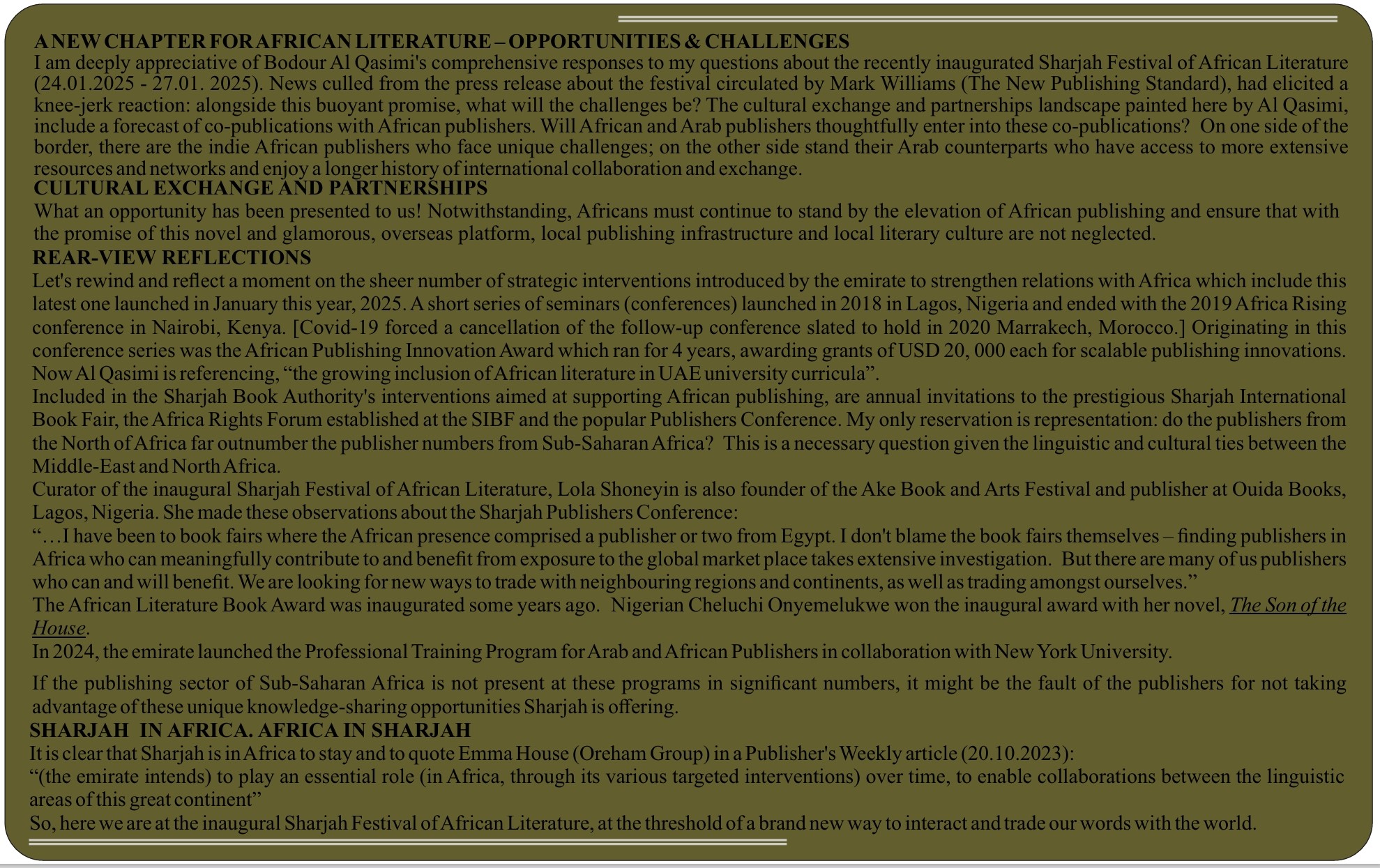

The Sharjah Festival of African Literature was born out of our deep commitment to literature as a force for connection, dialogue, and progress. It reflects the vision of His Highness Sheikh Dr Sultan bin Mohammed Al Qasimi, who has dedicated Sharjah to the pursuit of knowledge and cultural exchange. Literature is one of the most powerful tools of cultural diplomacy, and through this festival, we are strengthening the ties between African and Emirati literary communities while amplifying African voices on a global stage.
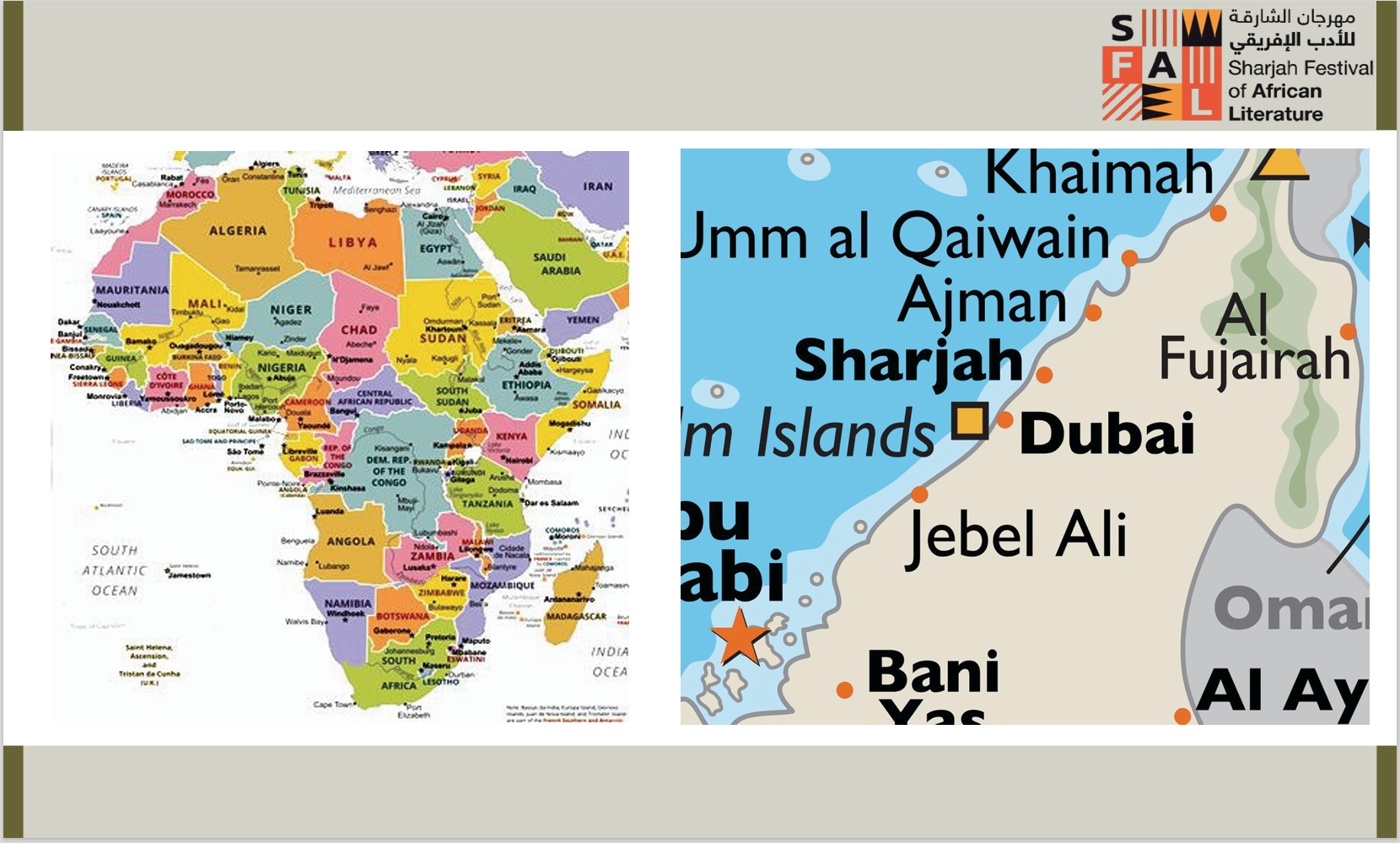
For too long, African literature has been framed through external lenses, shaped by misconceptions or overlooked altogether. SFAL was created to change that and to provide a platform where African writers can tell their own stories, in their own voices, without mediation or distortion. It is about true representation, recognition, and the rightful place of African literature in global discourse.
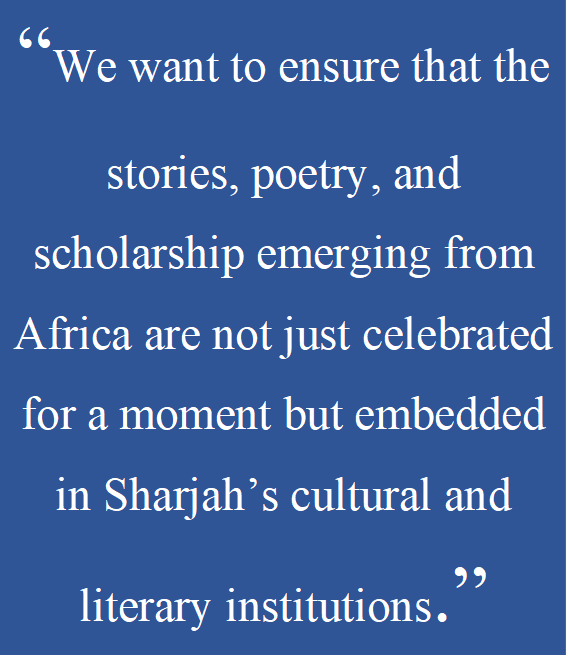
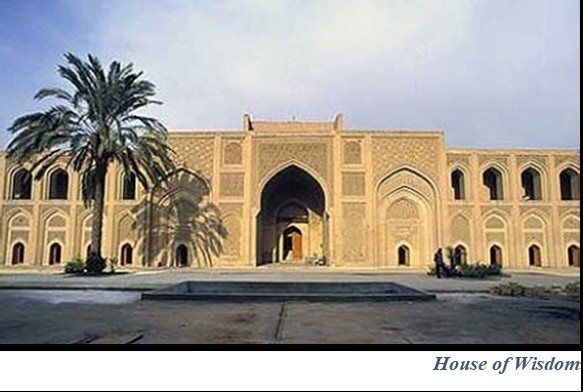 Beyond the festival itself, our goal is to create lasting structural collaborations between African and Emirati literary ecosystems. Through initiatives like expanding African literary archives within the House of Wisdom and other knowledge centers, we are making sure these works remain accessible for generations to come, both in person and digitally.
Beyond the festival itself, our goal is to create lasting structural collaborations between African and Emirati literary ecosystems. Through initiatives like expanding African literary archives within the House of Wisdom and other knowledge centers, we are making sure these works remain accessible for generations to come, both in person and digitally.

We were honored to welcome voices like Alain Mabanckou to SFAL, whose work navigates the complexities of Francophone African identity. His presence highlighted the festival’s commitment to bridging linguistic divides and expanding our collective understanding of African literature. Whether written in colonial or indigenous languages, African literature speaks to universal themes—displacement, heritage, resilience, and identity—connecting readers across languages and cultures.
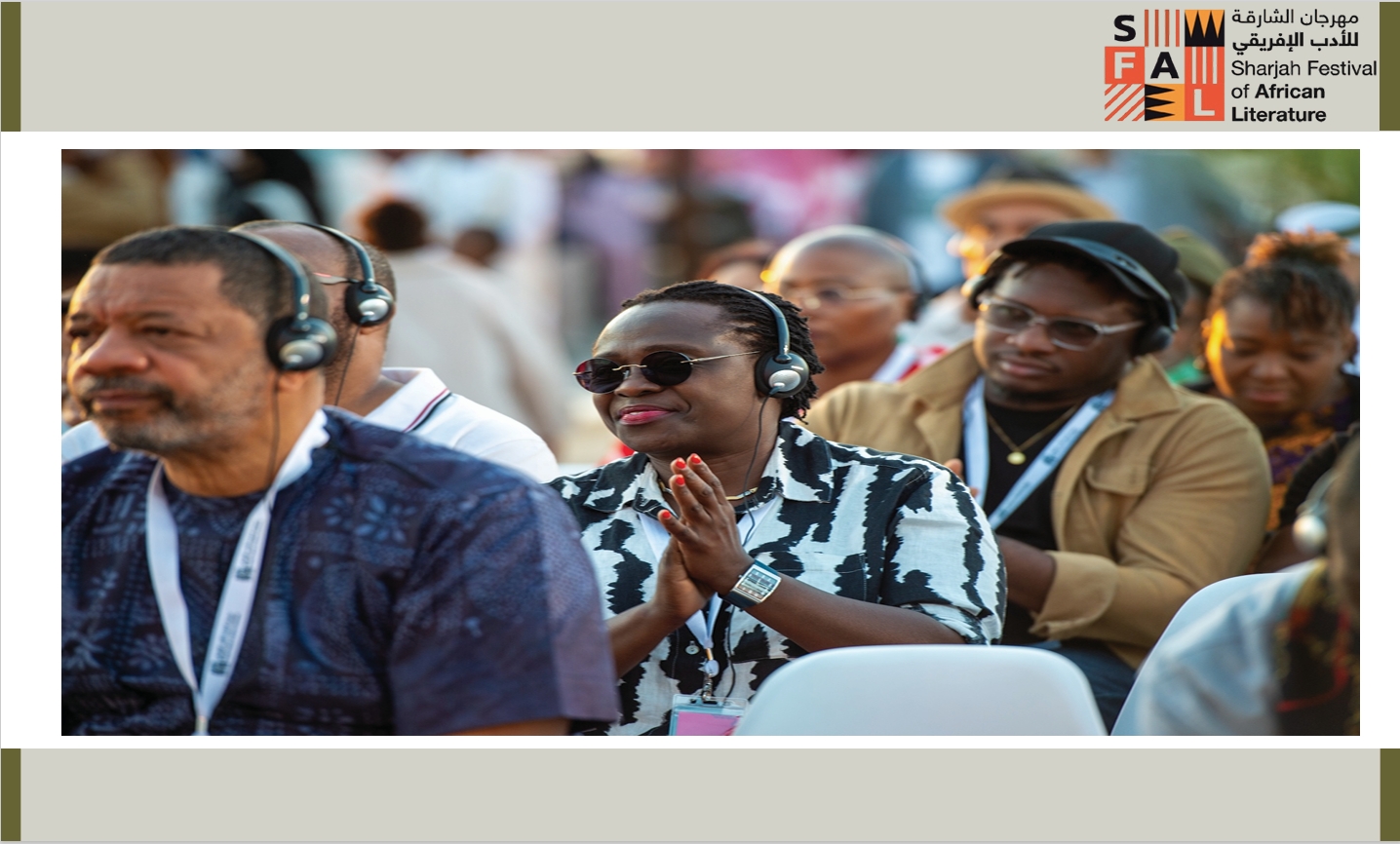
One of the biggest challenges in broadening readership is the fragmentation caused by linguist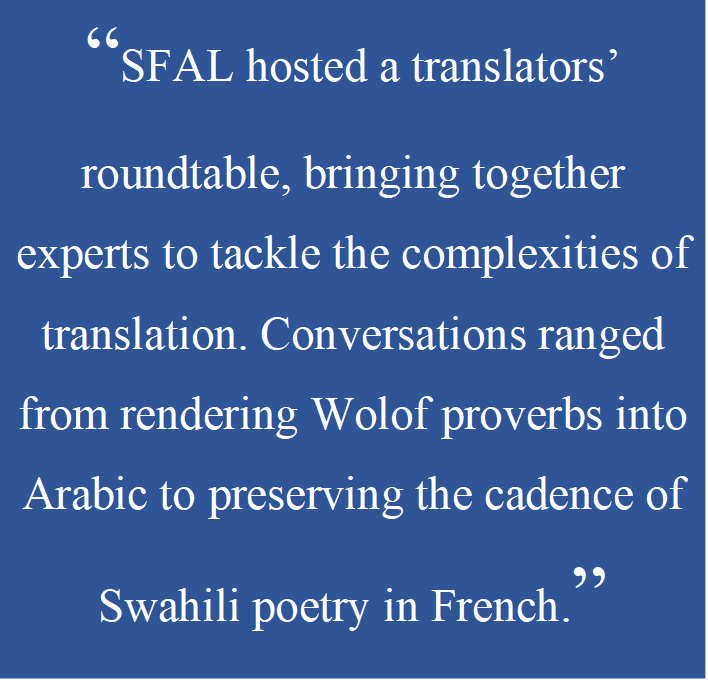 ic silos. To address this, These discussions were not just theoretical. They laid the groundwork for real initiatives that will help African literature travel beyond local borders.
ic silos. To address this, These discussions were not just theoretical. They laid the groundwork for real initiatives that will help African literature travel beyond local borders.
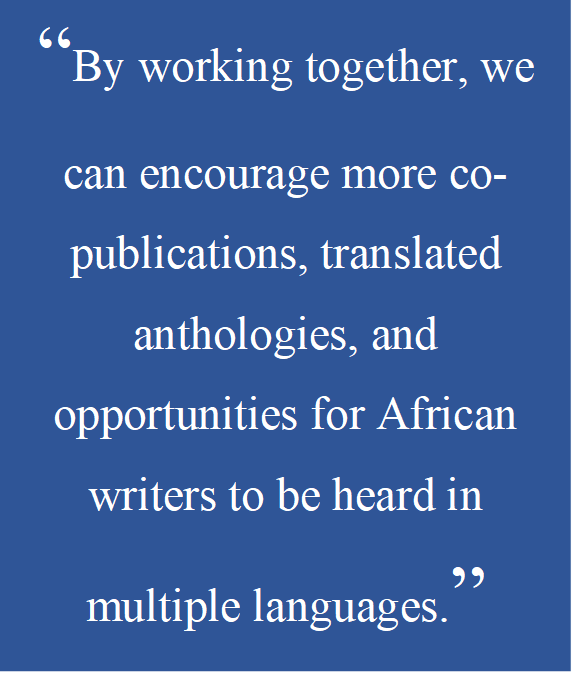 Local African literary festivals have a vital role to play in strengthening these connections, fostering exchange, and building readerships across linguistic communities. This is how we ensure that literature continues to unite rather than divide.
Local African literary festivals have a vital role to play in strengthening these connections, fostering exchange, and building readerships across linguistic communities. This is how we ensure that literature continues to unite rather than divide.

The panel "Much More Than Wakanda" sparked some of the festival’s most thought-provoking discussions, highlighting the power of speculative fiction in reclaiming Africa’s narrative agency. African science fiction and fantasy are not just about imagining the future; they are about rewriting the past, challenging imposed narratives, and expanding the space for African voices in global storytelling.
Wole Talabi, architect of the Sauútiverse anthology, framed Wakanda as both a milestone and a mirage; an important cultural moment but not a stand-in for Africa’s real, diverse experiences. Cheryl Ntumy critiqued the “Wakanda effect”, the tendency for global audiences to reduce Africa to a single, fictionalized reference point, ignoring its vast histories, languages, and realities. Tendai Huchu also addressed the dangers of authenticity being used as a gatekeeping tool, sharing how his genre-blending novels were initially dismissed for incorporating mystery tropes that some deemed “un-African.”
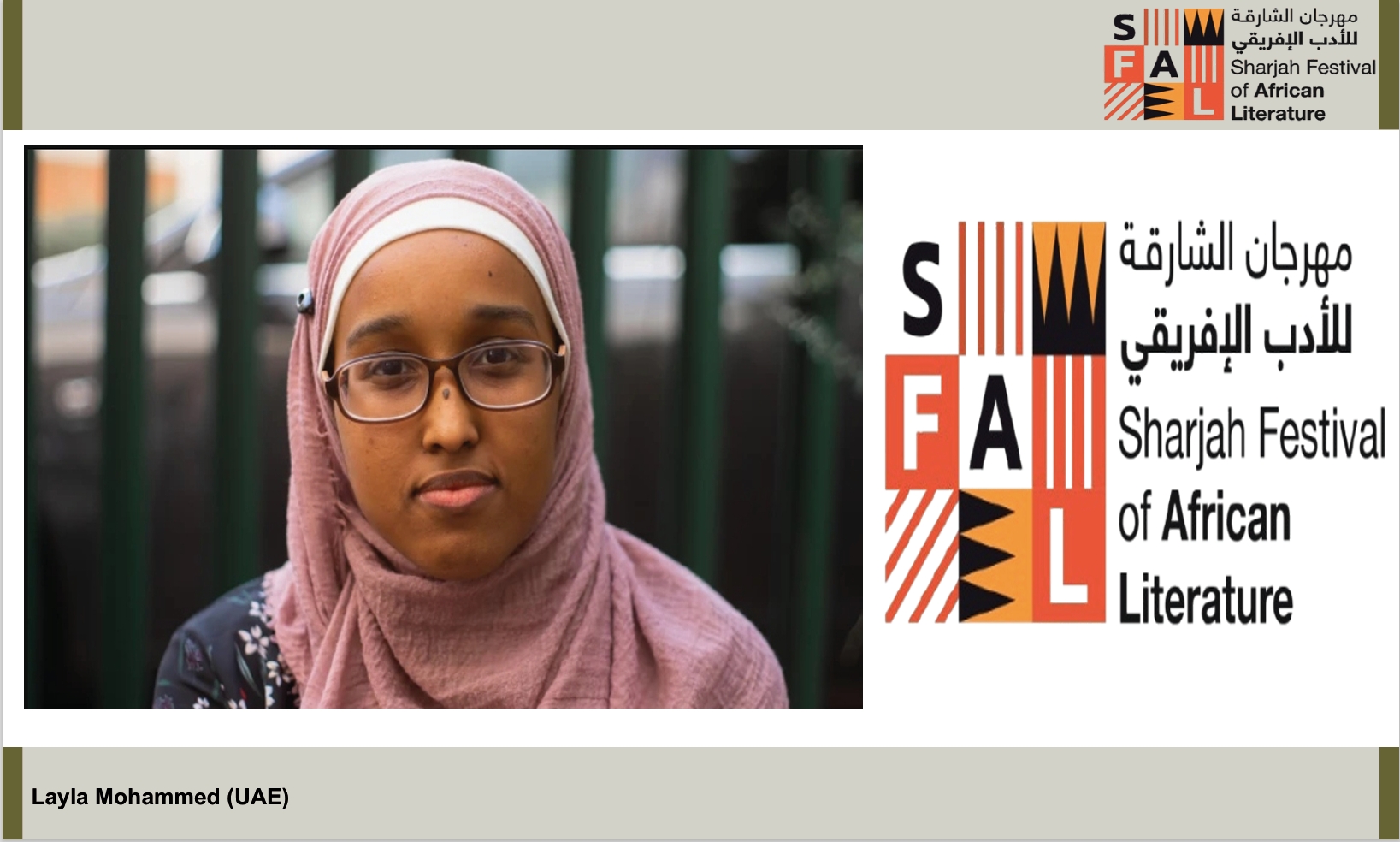
The idea of "hidden narratives" goes beyond storytelling. It speaks to histories erased or sidelined by colonial narratives such as pre-colonial scientific achievements, underrepresented identities in traditional societies, and the hybrid cultural practices shaped by centuries of trade and migration. Science fiction and fantasy give these stories the space they deserve, not just within African literature, but on the global literary stage.

Storytelling has always been one of the most powerful tools for fostering cross-cultural understanding. It humanizes the unfamiliar, bridges gaps between histories, and reveals the common threads that connect us all. At SFAL, this was demonstrated beautifully as Emirati and African voices came together, exchanging stories that, while rooted in different geographies, reflected shared themes of resilience, wisdom, and ancestral memory.
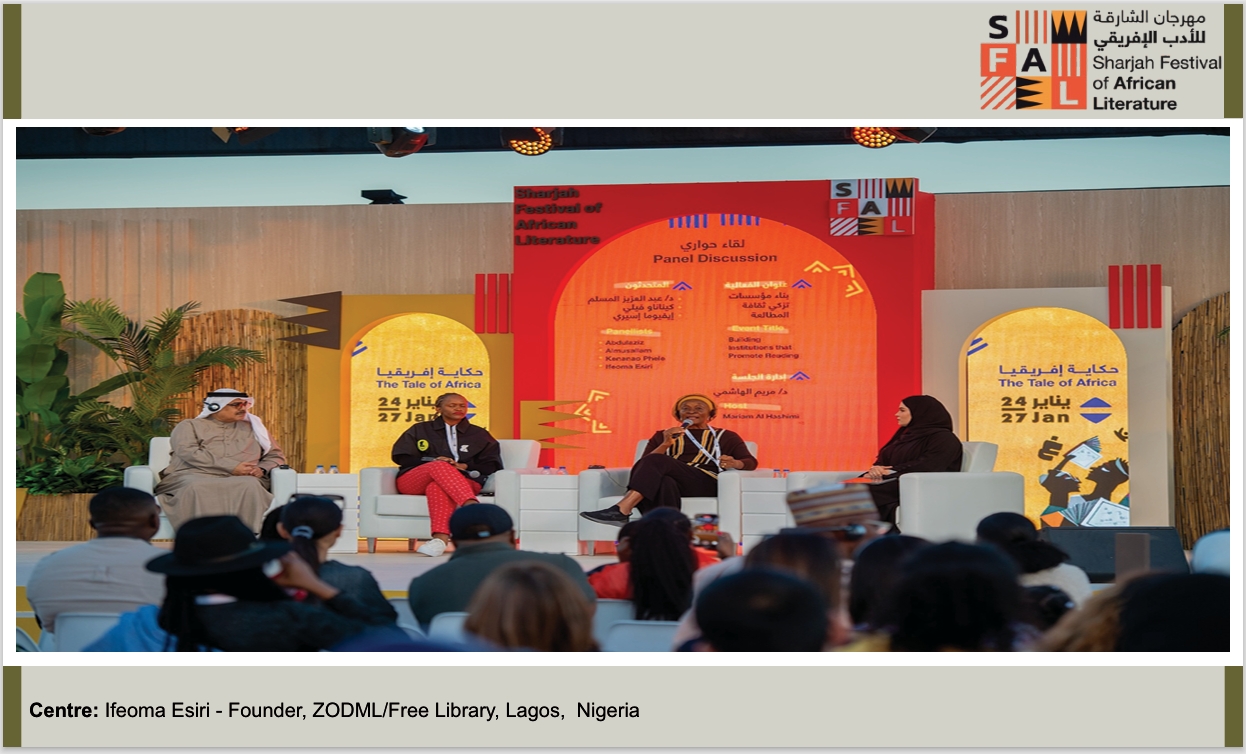
But for storytelling to truly create meaningful connections, it must be approached with care. Too often, cross-cultural narratives fall into oversimplification or exoticization, reducing rich histories to single narratives. Ethical storytelling that prioritizes dignity, agency, and authenticity is key to deepening understanding between cultures. SFAL is committed to fostering co-creation, encouraging Emirati and African storytellers to collaborate and shape narratives that honor both traditions and contemporary realities.
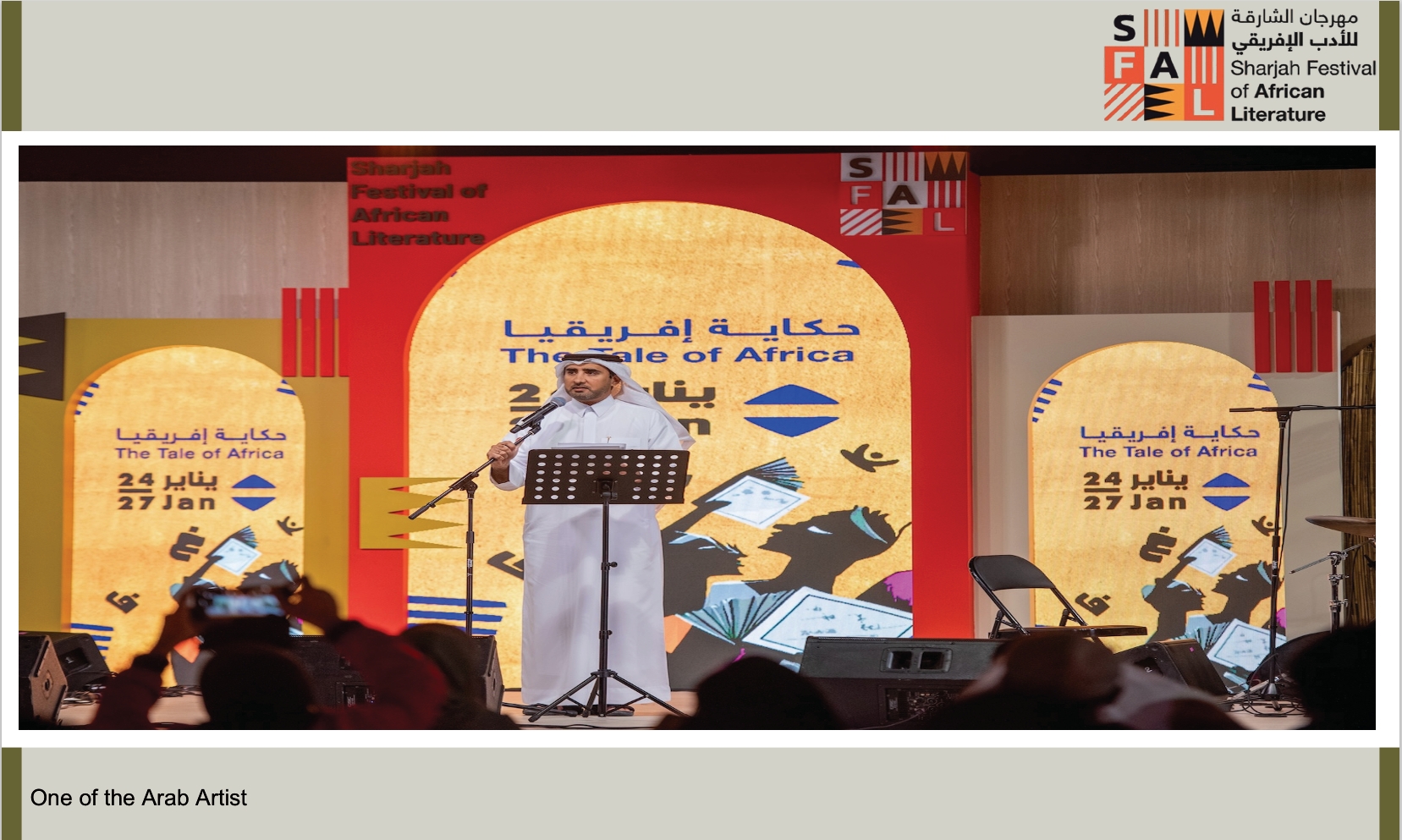
The ties between Africa and the Arab world are ancient, stretching back thousands of years. Archaeological discoveries in Mleiha reveal interactions dating back 200,000 years, while the centuries of trade along the Indian Ocean have woven our cultures together, from Swahili architecture infused with Arab influences to Emirati dialects carrying echoes of African languages.
When an Emirati grandmother hears a Ghanaian folktale about perseverance and sees reflections of her own family’s struggles before the oil era, or when an African reader discovers Emirati poetry that mirrors their own oral traditions, these moments break down barriers. They remind us that storytelling is more than just words, but it is a way to navigate and understand the world together. And that is the vision SFAL stands for.
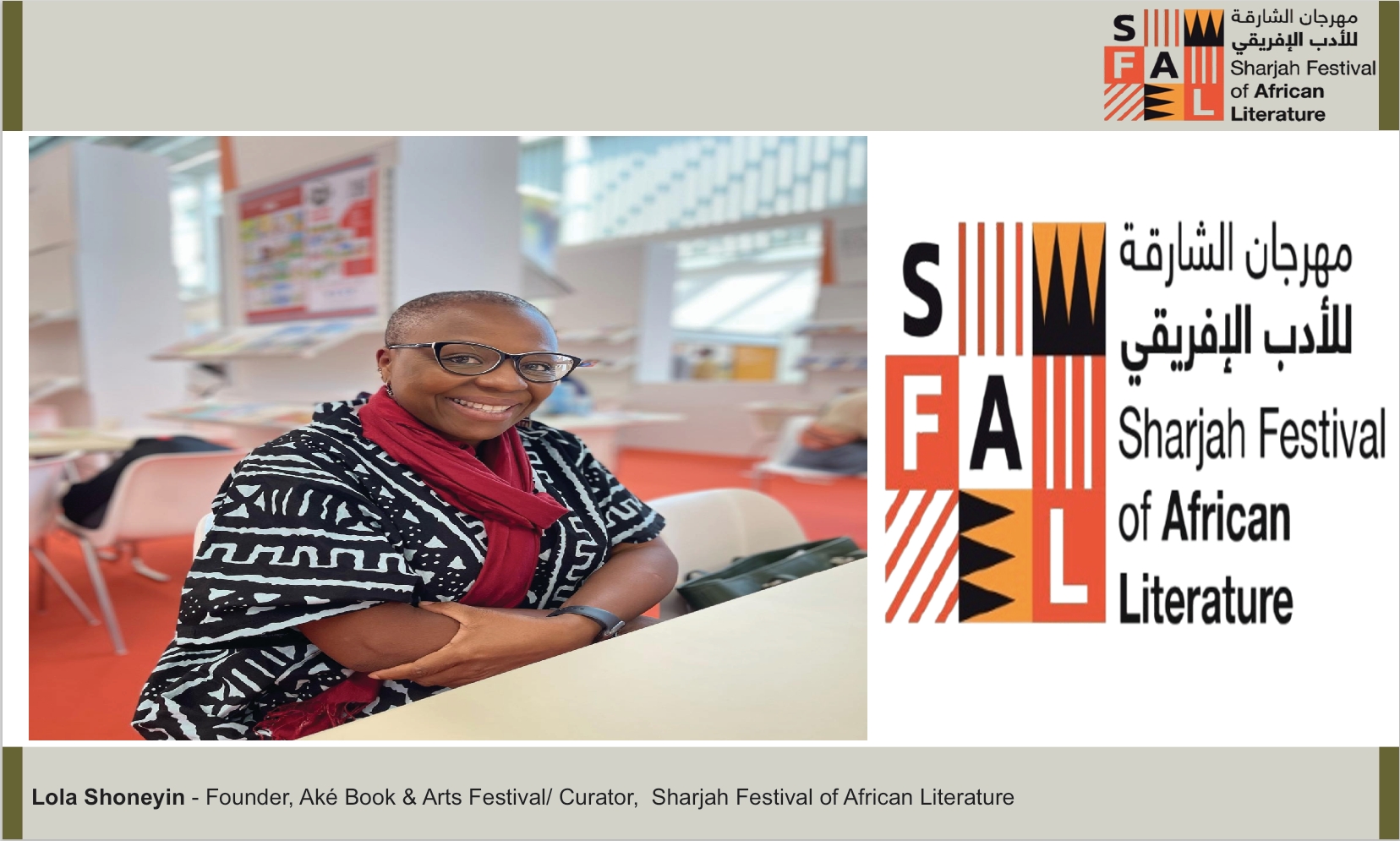

The presence of these remarkable African women writers at SFAL was not just significant, it was essential. For too long, literary canons have overlooked women’s voices, especially those from Africa. By bringing their stories, perspectives, and lived experiences to the UAE, these authors are not only enriching our literary landscape but also reshaping the cultural narratives that define it. Their work challenges stereotypes, expands intellectual discourse, and reinforces the importance of diverse voices in literature.
This exchange is not just about readership, it is about influence. The growing inclusion of African literature in UAE university curricula reflects a broader shift toward a more globalized and multipolar literary world. When students engage with these stories, they develop a deeper and more nuanced understanding of the world, strengthening cultural bridges between Africa and the UAE.
Beyond the printed word, the impact of these women extends into mentorship, digital platforms, and literary collaborations. They are forging new pathways for storytelling, ensuring that the UAE’s literary space is not just diverse but truly representative of the richness of human experience. Their presence here is a testament to the power of literature to transcend borders, create dialogue, and foster a literary culture that is inclusive, dynamic, and forward-looking.

Cultural exchange is not just about appreciating art and literature; it is a catalyst for progress. Initiatives like SFAL fuel intellectual, economic, and social transformation, proving that culture is not a luxury but a driving force behind development.
On an economic level, these festivals strengthen creative industries by opening new markets for writers and artists. They connect regional voices with global publishers, ensuring that local stories reach wider audiences. This visibility extends beyond literature, attracting cultural tourism and stimulating new opportunities for businesses, from publishing to hospitality.
Intellectually, cultural exchange challenges conventional narratives and encourages deeper academic engagement. It expands educational curricula, fosters research collaborations, and inspires new dialogues across disciplines. In an increasingly interconnected world, these interactions help shape the global thinkers and leaders of tomorrow.
But above all, cultural exchange strengthens human connection. It dismantles barriers, fosters mutual understanding, and creates a shared cultural language. When we tell our stories, we do more than preserve our heritage. We build bridges and shape the way nations relate to one another, paving the way for more understanding and collective progress.
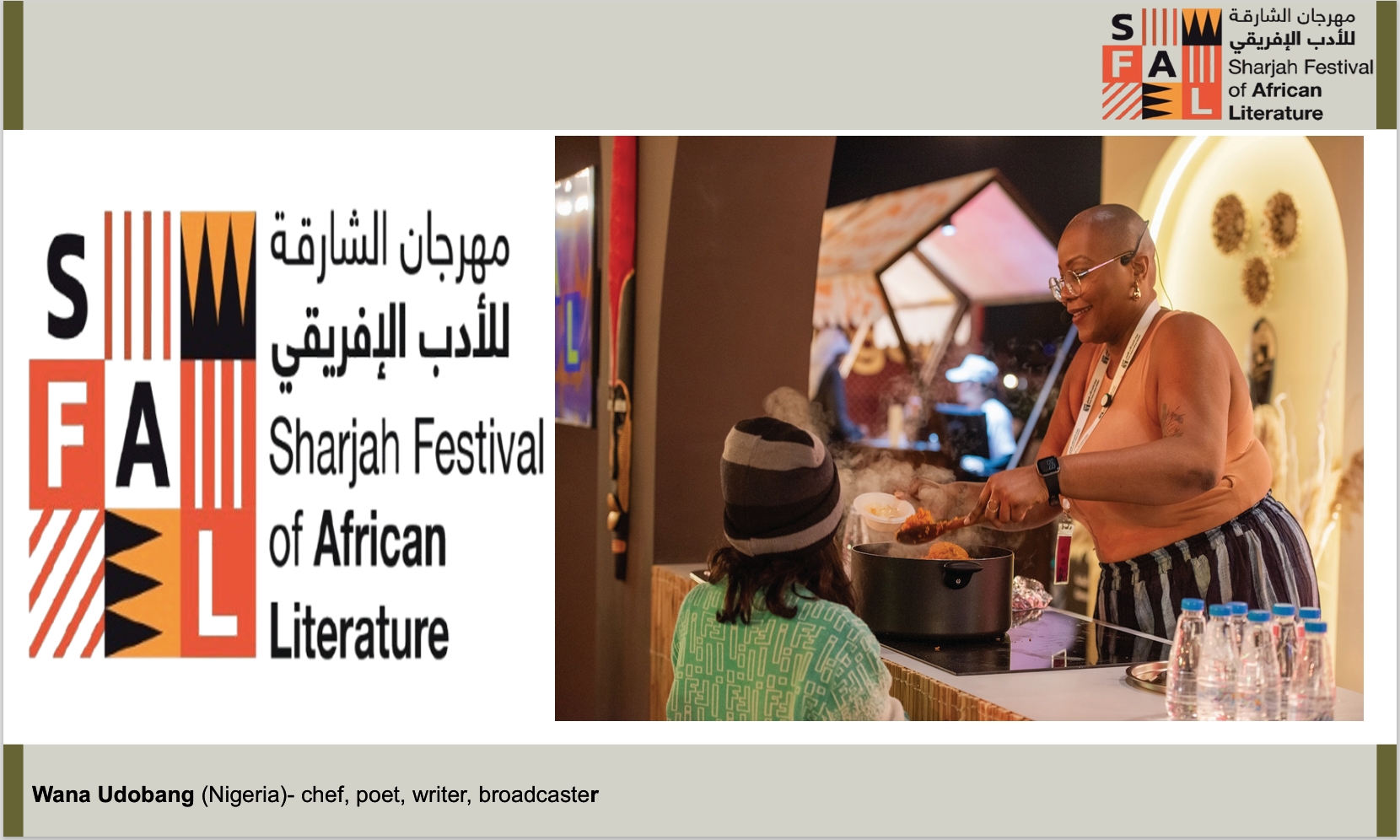
Furthermore, SFAL’s curation philosophy is built on the principle of intentional inclusivity, ensuring that internationally acclaimed authors and emerging voices share the same stage. Instead of seeing literature through the lens of “global” versus “local,” the festival fosters an interconnected literary ecosystem where diverse voices contribute equally to the conversation.
Honoring literary icons like Nobel laureate Wole Soyinka, who was presented with a Lifetime Achievement in Literature Award, and hosting renowned authors such as Nnedi Okorafor, brings global recognition to the festival. At the same time, providing a platform for emerging writers to engage with the publishing community and UAE-based publishers is just as essential. This balance ensures that established voices continue to inspire while new talent gains the visibility and support needed to thrive.
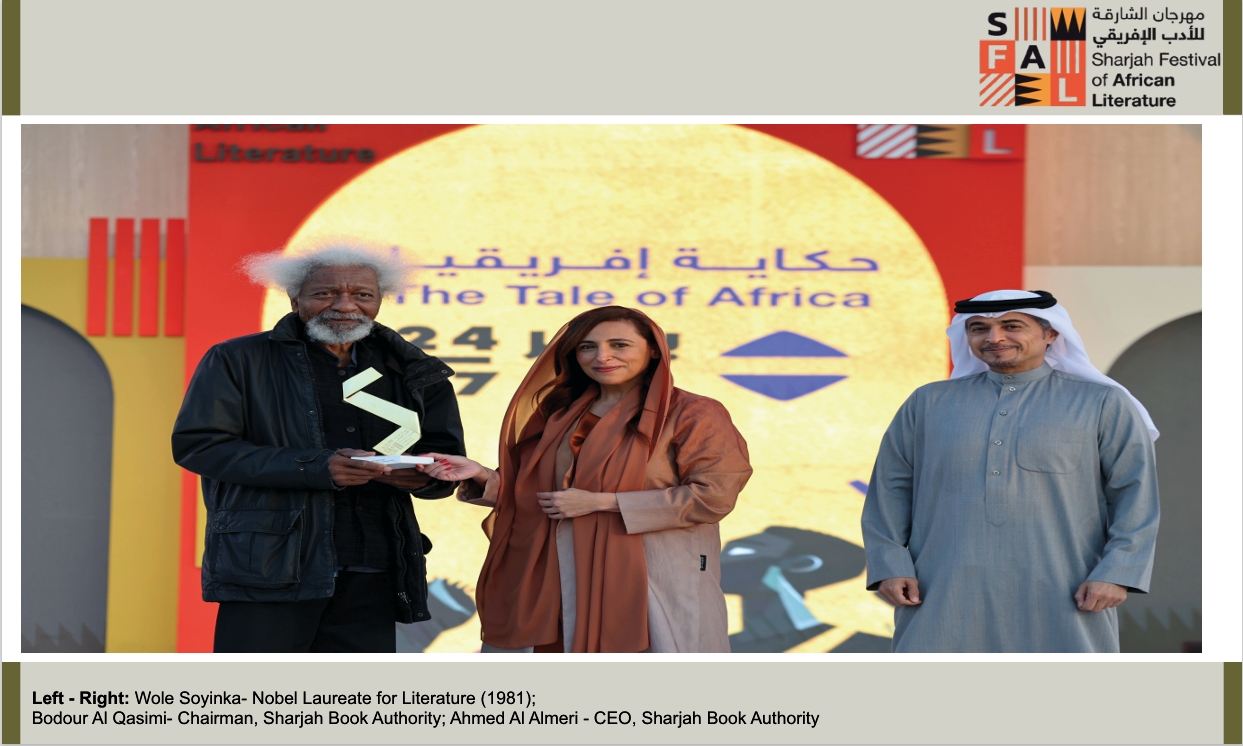
SFAL reinforces the idea that literature is not a competition where one voice must be diminished for another to rise. Instead, it creates a literary space where diverse perspectives enrich each other, shaping a more inclusive and dynamic global literary landscape.

Our commitment to supporting and strengthening Africa’s publishing infrastructure is rooted in a long-term vision of fostering literary growth, creating opportunities, and amplifying diverse voices. Through a range of initiatives, we provide platforms for African writers and publishers to connect with global industry professionals, expand their reach, and access new markets.
Our flagship events, including the Sharjah International Book Fair (SIBF), the Sharjah Publishers Conference, and the Sharjah Children’s Reading Festival, are central to this vision. As the largest book fair in the world for rights acquisition, SIBF has played a pivotal role in helping African publishers showcase their work on an international stage. The Africa Rights Forum and the African Literature Book Award further reinforce our commitment to recognizing and celebrating the richness of African literature. Hosting Morocco as the guest of honor at the last edition of SIBF was a testament to the growing literary and cultural exchanges we continue to cultivate.
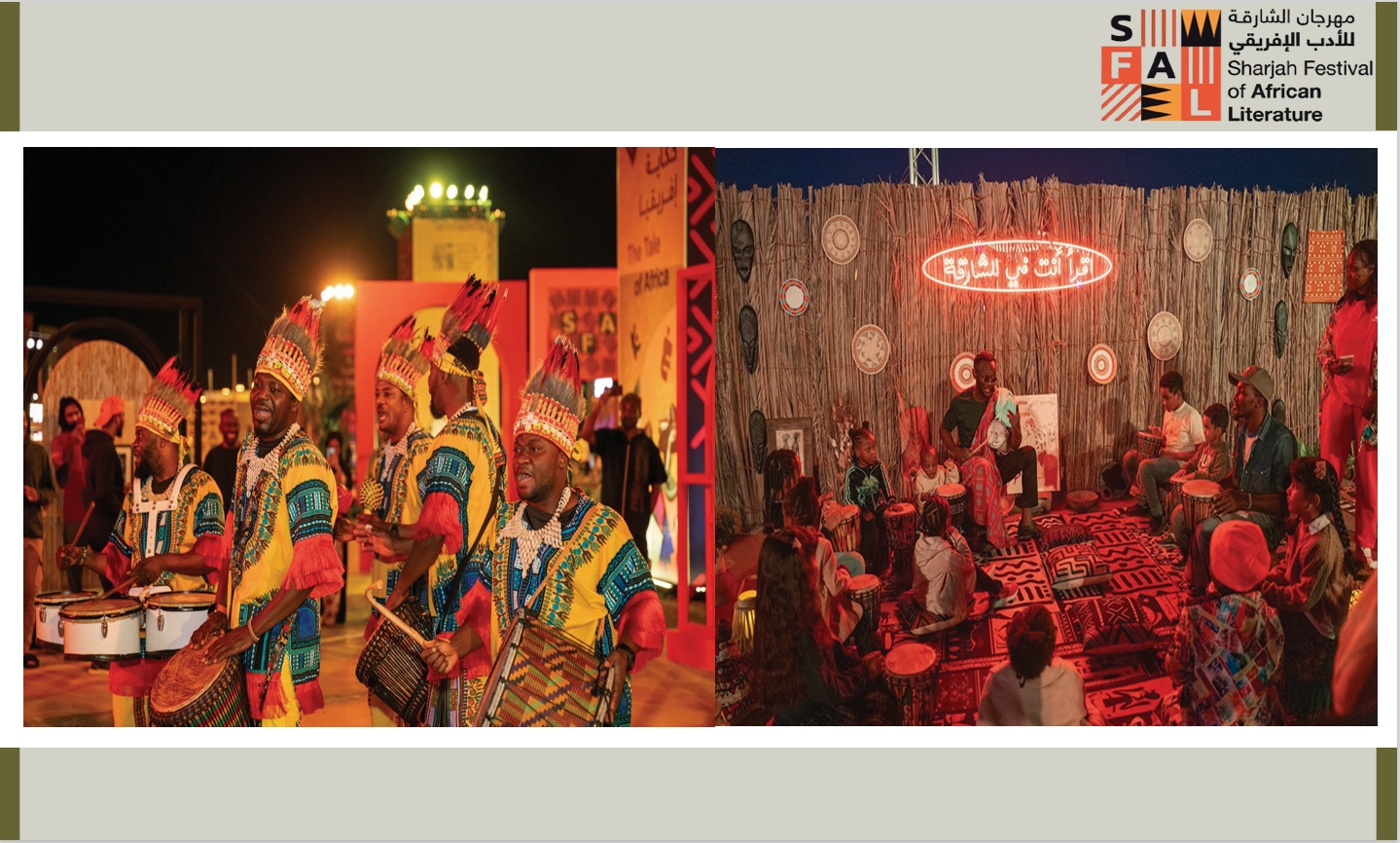
Beyond these platforms, we are also focused on professional development. Last year, we launched the Professional Training Programme for Arab and African Publishers in collaboration with New York University. This initiative is designed to equip African publishers with global best practices, from digital marketing strategies to international distribution plans. By strengthening skills and fostering knowledge exchange, we are helping build a resilient and forward-thinking publishing ecosystem across Africa.
Through these initiatives and ongoing partnerships, our goal is to create sustainable opportunities for African publishers and ensure that their voices, stories, and literary heritage are not only preserved but continue to thrive on the global stage.

The Sharjah Festival of African Literature is more than just an event; it is the foundation of something much greater. My hope is that this festival becomes a lasting bridge between cultures, creating a space where African and Arab literary voices are celebrated, heard, and carried forward. The conversations, exchanges, and collaborations that took place were not just moments in time, but the beginnings of relationships that will continue to shape the literary world.
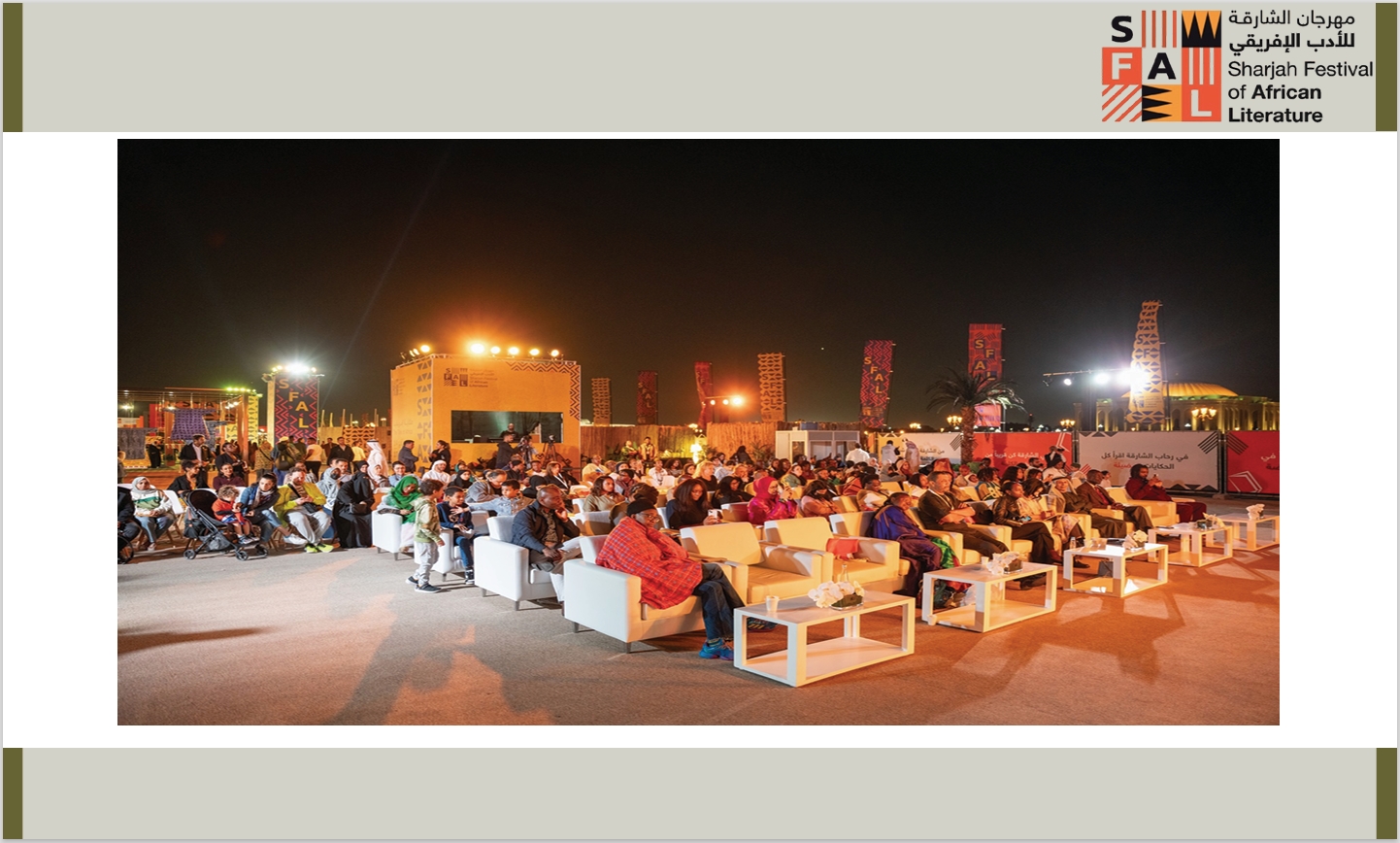
To the global literary community, my message is simple. Stories have the power to unite, to challenge, and to transform. It is our responsibility to build platforms that elevate diverse voices, create meaningful dialogue, and ensure that no story goes unheard. The future of literature is being written now, and it belongs to those who dare to tell their stories, who listen with intent, and who recognize the power of words to shape the world.

MY CLOSING REMARKS
It is clear from this discussion that Sharjah Book Authority has thought through the conception of the Sharjah Festival of Africa Literature - its latest Africa-focused product.
SBA’s position about the emirate’s possible role in the development of local literary culture, has been clearly presented by Al Qasimi:
“Instead of seeing literature through the lens of “global” versus “local,” the festival fosters an interconnected literary ecosystem where diverse voices contribute equally to the conversation.”
Reading through the interview, I was struck by Al Qasimi’s declaration of intent. “The conversations, exchanges, and collaborations that took place were not just moments in time, but the beginnings of relationships that will continue to shape the literary world.”
The festival will hopefully raise the profile of African literature and writers globally, without creating a dependence on external validation in Africa’s writers. I hope the festival attracts new readers and opportunities and facilitates mutually beneficial collaborations between Arab and African writers, publishers, and literary professionals.
Ultimately, the festival’s impact on the African publishing economy will depend on how it is organized, how it is curated, and how it is received. While fostering cultural exchange, I would love to see a focus not only on promoting African literary voices but on inspiring local African festivals and ecosystems. The SBA’s focus on strengthening local publishing infrastructure through its wonderful capacity building initiatives will hopefully reach significant numbers across our continent. In this way, the Sharjah Festival of African Literature will be making a significant contribution towards increasing the visibility and accessibility of African content and African literature originating in the continent. And the festival will help achieve a more diverse and inclusive global publishing industry.
Thank you once again to Bodour Al Qasimi for this illuminating and rich discussion.



I am drawn to people of mixed-cultural descent and of mixed-race heritage. I'm also drawn to ...
David Aguilar, born in Andorra, is an inspiring figure known for his resilience and crea ...